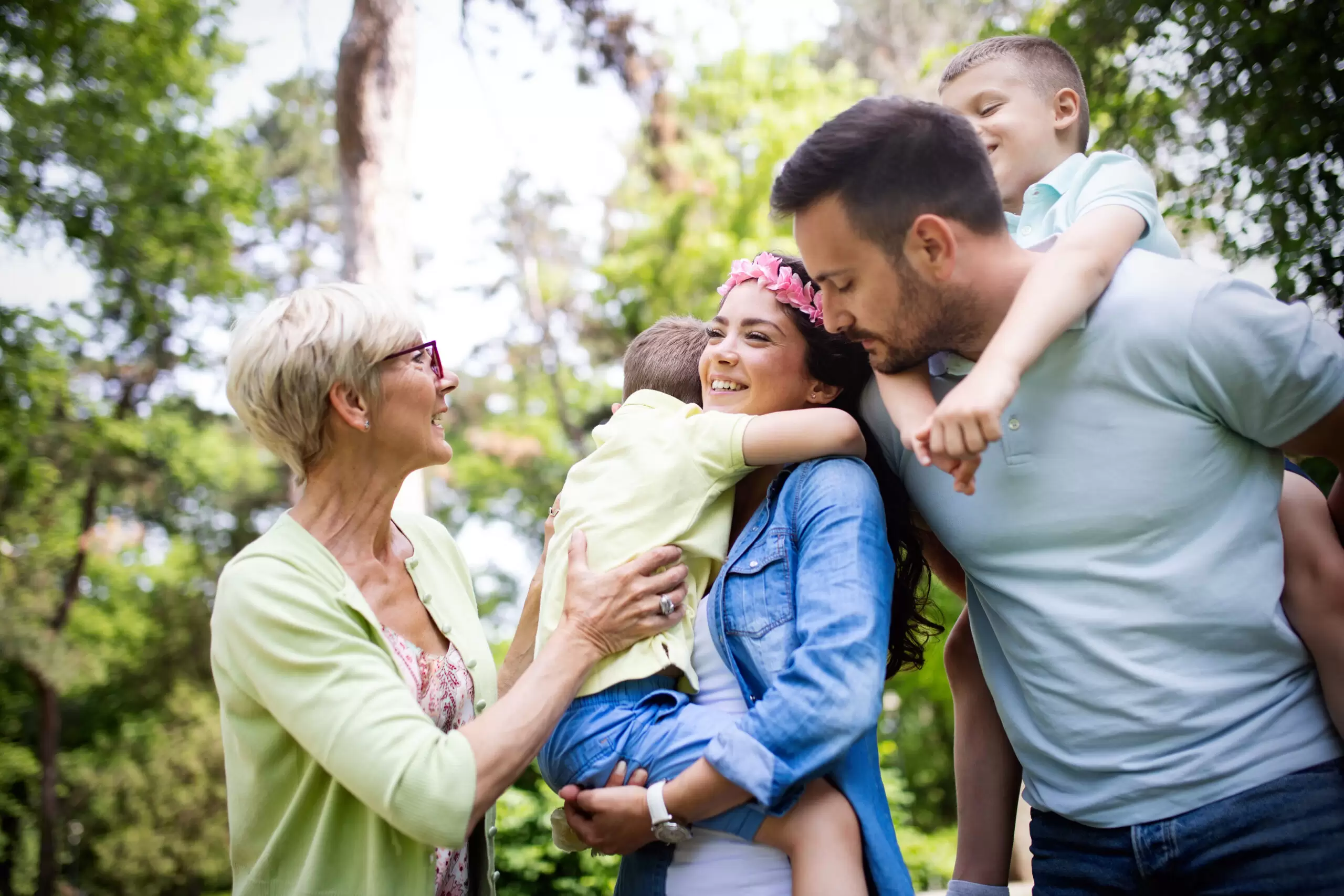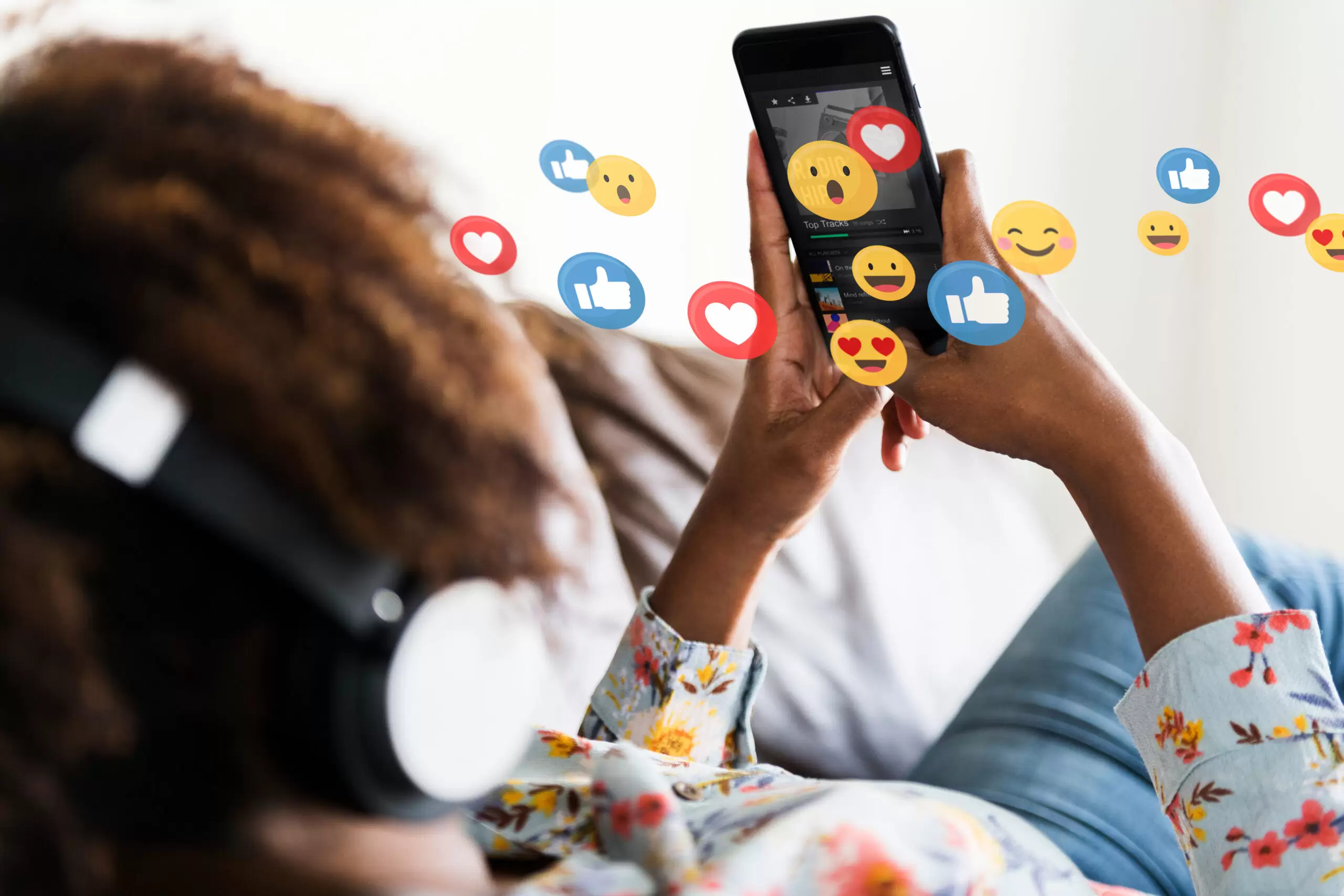
In a world that celebrates authenticity, it’s ironic how challenging it can be for individuals to truly be themselves. From societal expectations to personal insecurities, various forces conspire to mask our true identities. It’s really difficult for people to be themselves. Here are 14 unfortunate reasons why people often find it difficult to express their genuine selves.
1. Societal Expectations

Society often imposes a set of expectations on people. We all have a certain way that we should behave, look, and even think. These norms can be stifling, especially when they do not align with one’s personal beliefs or temperament. The pressure to conform can make it difficult for individuals to show their true colors. They often feel fear of judgment or rejection.
2. Fear of Judgment

The fear of being judged by others can be a powerful deterrent against expressing one’s true self. Whether it’s in a professional setting or social interactions, the anxiety about how others perceive us can lead to second guessing our choices. We may hide our true thoughts or feelings to avoid being disliked. Constantly worrying about what others think hurts our ability to be who we are.
3. Family Expectations

Family can have a significant impact on personal development. Many people grow up trying to live up to the expectations of their parents or guardians. This can overshadow their own desires and aspirations. It may also prevent them from pursuing paths that truly resonate with their personal identity.
4. Social Media Influence

Over 5 billion people are on social media, according to recent estimates. Social media platforms, where people often present only the best aspects of their lives, can distort reality and create unrealistic benchmarks of success and happiness. This can lead individuals to suppress their real selves in favor of an idealized persona that garners approval and likes.
5. Economic Pressures

Economic constraints can also limit the expression of one’s true self. The need to secure a livelihood can force individuals into careers or roles that do not align with their passions or innate talents. In the end, they take a job they don’t necessarily want rather than living how as they choose. They don’t have a choice but to conform.
6. Cultural Conditioning

The cultural background shapes our thinking and behavior in profound ways. Often, it dictates behavior, gender roles, and even personal goals. When you are part of a certain culture, you need to act according to its norms. This inhibits individuals from stepping out of prescribed roles and expressing who they truly are.
7. Educational Systems
 Educational systems often promote conformity, even if it’s not always obvious. Students feel they need to stifle their individuality to get good grades and pass their classes and tests. Creativity and unconventional thinking are sometimes undervalued in the face of meeting standards. Students feel as though they have to fit molds rather than develop unique identities.
Educational systems often promote conformity, even if it’s not always obvious. Students feel they need to stifle their individuality to get good grades and pass their classes and tests. Creativity and unconventional thinking are sometimes undervalued in the face of meeting standards. Students feel as though they have to fit molds rather than develop unique identities.
8. Past Traumas

Past traumas can significantly influence one’s ability to be genuine. The defense mechanisms developed to protect against further emotional pain can result in barriers that keep true feelings and identities hidden. If the past is damaging enough, sometimes people are stifled from the self-exploration required to figure out their true selves. There’s something in their subconscious holding them back.
9. Peer Pressure

Almost everyone remembers facing peer pressure in their teenage years. Especially during formative years, peer influence can greatly affect one’s sense of self. The desire to fit in and be accepted can lead individuals to adopt traits and interests that do not reflect their true selves.
10. Professional Environments

Unless you work in a certain environment, you likely don’t act the same way with your friends as you do at work. Many workplaces require a certain decorum and professionalism that may not allow for the full expression of an individual’s personality. The need to maintain a professional image can suppress natural dispositions and personal quirks. You also may not make certain jokes as you would in other places.
11. Personal Insecurities

Self-esteem is an ongoing process for many people. Insecurities about one’s appearance, abilities, or worth can hinder the expression of one’s true self. These doubts can lead to overcompensating behaviors or withdrawing from social interactions altogether. We can become so scared of others’ opinions that we don’t let our guard down.
12. Fear of Failure

Failure is one of the biggest reasons why people can’t be themselves. The fear of failing can prevent individuals from trying new things or taking risks. It can keep people from pursuing their true interests and expressing their real talents. In the end, not taking risks because of failure leads to a life less lived.
13. Relationship Dynamics

Relationships, whether romantic, familial, or friendly, can complicate how one expresses themselves. The desire to maintain harmony or please others can result in suppressing one’s true feelings and needs. You should never settle for a relationship where you can’t be your true self. Be honest about the dynamics and how you’re behaving.
14. Mental Health Issues

Sometimes people can’t be their true selves because of mental health conditions. Anxiety and depression can distort self-perception. These conditions can create a disconnect between how individuals see themselves and how they wish to be seen. In the end, it can be hard to feel authentic when something internally is holding you back.
Be Yourself

Nobody is the same as anyone else. It’s our unique insights, behaviors, and personality quirks that keep the world interesting. Millions of people still feel as though they can’t be themselves. Don’t be shy about being you!
Read More:
10 Insecure Habits People Tend to Keep to Themselves
12 Reasons You Shouldn’t Marry a Person with a Type “A” Personality

Alyssa Serio has been a writer and editor since graduating from Aurora University in 2014. In her free time, she loves reading, playing volleyball, and watching any horror movie (even the bad ones) with her husband.

